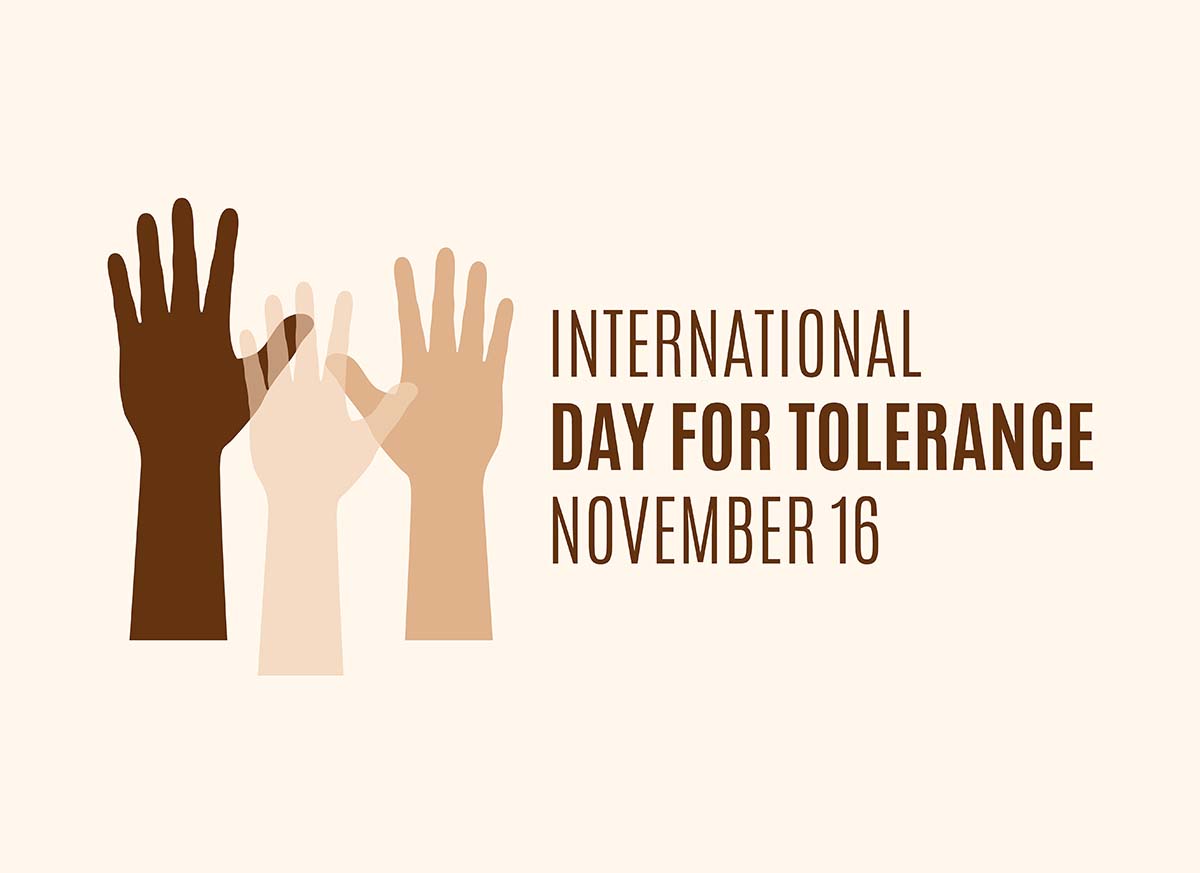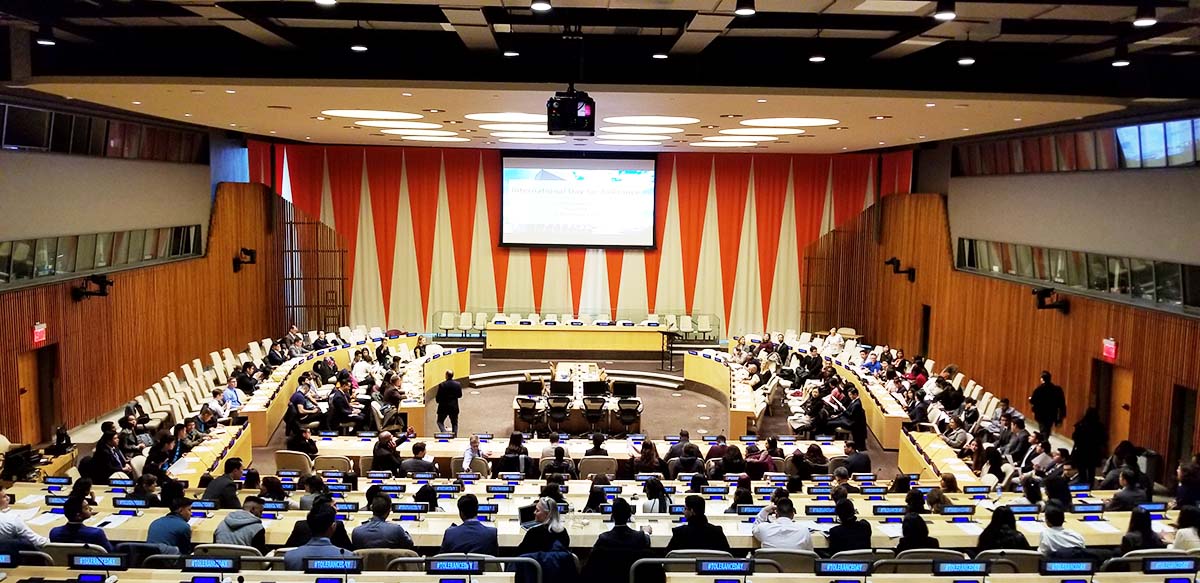What We Need Now Is Tolerance
We are living in a completely different era than before the pandemic. There is even a saying, “The history of humanity would be divided into ‘BC’ and ‘AD’—’Before COVID-19,’ and ‘After Disease.’

In the early days of the pandemic, the issue of racism against Asians was a big issue, and several human rights organizations expressed their concerns about human rights violations amid the spread of the virus. The socially underprivileged and the needy have been deprived of their basic rights such as education, medical care, and jobs, and suffered even bigger damage. Domestic and international inequality and conflicts have deepened. UN Secretary-General António Guterres launched his call for action for human rights in response to COVID-19.
“The COVID-19 pandemic is a public health emergency—but it is far more. It is an economic crisis. A social crisis. And a human crisis that is fast becoming a human rights crisis . . . We see the disproportionate effects on certain communities, the rise of hate speech, the targeting of vulnerable groups . . . This is unacceptable. And in all we do, let’s never forget: The threat is the virus, not people . . .”
As globalization advances, issues of discrimination, conflict, and inequality have steadily emerged in the 21st century. The United Nations is committed to strengthening tolerance by fostering mutual understanding among cultures and peoples. Tolerance lies at the core of the United Nations Charter and the Universal Declaration of Human Rights, and is more important than ever in this era of rising violent extremism and widening conflicts that are characterized by a fundamental disregard for human life.
What Is Tolerance?

In 1995, to mark the 50th anniversary of the United Nations and the 125th anniversary of the birth of Mahatma Gandhi, UNESCO proclaimed November 16 as International Day for Tolerance. On this day, UNESCO’s Member States adopted a Declaration of Principles on Tolerance. The Declaration affirms that tolerance is not an act of onlooking nor indifference, but it is respect and appreciation of the rich variety of our world’s cultures, our forms of expression, and ways of being human. Tolerance is neither indulgence nor indifference. It is respect of universal human rights and fundamental freedom, which are natural and basic.
How Can Intolerance Be Countered? We All Have to Be Part of the Solution.
In order to counter intolerance, governments, educational institutes, civil organizations, and individuals need to actively respond to hate and discrimination, and raise the awareness of the value of tolerance.
For tolerance is valuable as much as human rights, peace, and democracy. It is a core value that can fulfill individual creative values, leading to the growth of society. And not other than anyone else, all of us must be part of it.

- Laws: Governments are responsible for enforcing human rights laws, for banning and punishing hate crimes and discrimination and for ensuring equal access to dispute settlement.
- Education: Laws are necessary but not sufficient for countering intolerance. Greater emphasis needs to be placed on educating more and better.
- Education for tolerance should aim at countering influences that lead to fear and exclusion of others, and should help future generation develop capacities for independent judgment, critical thinking, and ethical reasoning.
- Access to information: It is to promote press freedom and press pluralism, in order to allow the public to differentiate between facts and opinions.
- Individual awareness: In order to fight intolerance, individuals should become aware of the link between their behavior and the vicious cycle of mistrust and violence in society.
- Local solutions: When confronted with an escalation of intolerance around us, we must not wait for governments and institutions to act alone. We are all part of the solution.
ASEZ Members Made a Speech at the UN Headquarters on the International Day for Tolerance
On November 16, 2018, ASEZ members in the U.S. took the lead in creating change as a “change maker” on their campuses.
The year 2018 marks the 70th anniversary of the Universal Declaration of Human Rights. The ceremony “Creators for Change” was held by the UN and the YouTube to commemorate this year. The contest of introduction video for the Universal Declaration of Human Rights was held for 15–24 year old students, and the best four works were selected. Among them, an ASEZ member was on the list and served a speaker at the event held at the UN Headquarters.

Presentation Subject
“Discrimination at Work”- Article 2 (Freedom of discrimination) and Article 23 (Right to work freely)
ASEZ member Aurora Sainez from San Diego, CA, U.S., shared the meaning of the Universal Declaration of Human Rights (Article 2 and Article 23) and the way to practice it through her presentation, and informed the meaning of diversity and the virtue of tolerance.
Diversity is not an object of exclusion, but is a treasure that enriches us all. Young adults, the future leaders, should go beyond learning about tolerance and create a culture of respecting human rights and diversity on their campuses with a strong determination.